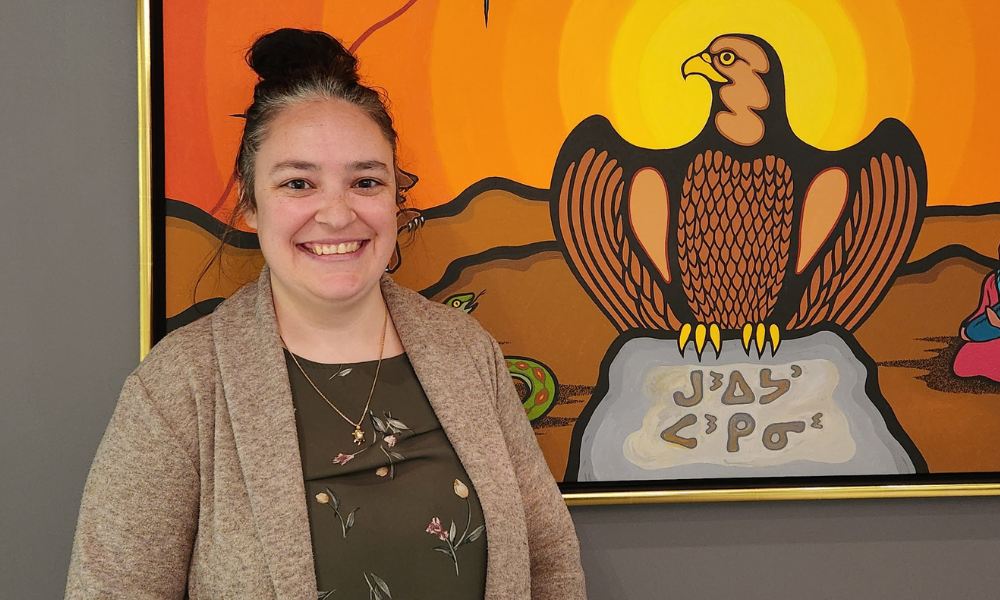
New support aims to tackle financial barriers, promote Indigenous representation

The Queen’s University Faculty of Law has established the Indigenous tuition initiative, which seeks to address financial obstacles to legal education for Indigenous peoples and promote their representation within the legal profession.
“Ensuring we have Indigenous voices and perspectives represented in our classrooms strengthens not only Queen’s Law but the legal system more broadly,” said Colleen Flood, the law school’s dean, in the news release.
A news release from Queen’s Law said it will begin by focusing this initiative on supporting students from nearby First Nations communities. The law school’s financial support aims to fortify its existing relationships and advance its reconciliation efforts.
“As part of our commitment to reconciliation, we want to offer full tuition support to Indigenous students who meet Queen’s Law’s exceptionally high admission standards,” Flood said in the news release.
The law faculty’s news release emphasized that the new initiative is part of its work to respond to the Truth and Reconciliation Commission’s calls to action. According to its news release, Queen’s Law’s recent progress in this area also includes:
Queen’s Law’s news release stressed that financial barriers to legal education restrict the opportunities available to Indigenous students and result in Indigenous underrepresentation within the legal profession.
“Indigenous Peoples have historically not seen themselves represented in academic legal spaces or in the practice of law,” said Stacia Loft, director of Indigenous initiatives and EDII programs at Queen’s Law and deputy grand chief of the Association of Iroquois and Allied Indians, in the news release.
“For a long period in Canadian history, they were not considered citizens, did not have the right to vote, and could not hire lawyers,” Loft added. “Developing trust within the context of a systemically racist system takes time and is one of many hurdles for Indigenous learners.”
As the law school’s news release noted, the demand for perspectives from Indigenous lawyers has significantly risen in recent years, partly because of economic growth and development.
In the news release, Shelby Percival – a Mohawk woman of Six Nations of the Grand River – shared that she had to juggle three jobs to afford a preparatory course after receiving rejections from Ontario law schools where she sought admission.
“Many Indigenous students have the passion, drive, intellect and desire to go to law school to make a difference in the world that is bigger than themselves – I know that is how I was,” Percival said in the news release. “However, without financial aid, it is next to impossible for many Indigenous students to attend any level of post-secondary schooling.”
Upon her acceptance into Queen’s Law, she commenced her legal studies in 2017, received bursary support throughout her time there, and graduated with a JD in 2020. Having articled at Falconers LLP in Toronto, she returned as an associate at the firm, where she mainly deals with Indigenous clients and fights for their rights.
“It’s incredibly important to reduce financial barriers for Indigenous students entering law school,” Percival said in the news release.